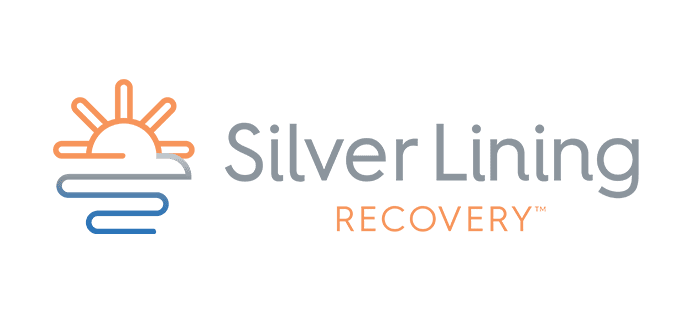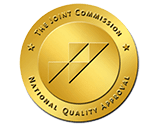During rehab, everything was structured. From the time you woke up until you went to sleep, you knew where you had to be, when to exercise, when to eat, and what sessions to attend. Or maybe you lived in a sober house and had structured living conditions, a great support system, and you moved in a flow that was safe and routine. No matter your form of rehabilitation, it felt good not to be in the throes of chaos, and to understand your place in the world.
Now that your home, everything can feel turned around. Between work, phone calls, texts, stress, and responsibilities, there are more distractions, and now there are times when you feel disconnected, triggered, and are worried about relapsing. You have the tools you learned in rehab to use when you feel overwhelmed, but the typical cognitive strategies just don’t seem to cut it. This is when journaling can really make a difference. Self-care is critical after rehab, and writing in a journal is the easiest way to tend to your emotional, spiritual, and psychological needs all in one sitting. Let’s look at the science behind journaling as well as ways to use writing to stay present, connected, and emotionally centered when your world seems out of control.
The Science Behind Journaling
One of the best ways to deal with any overwhelming emotion is to find a healthy way to express it, and journal writing can help in this process. Basically, journaling is where you write whatever you are feeling down on paper to help you process it. This form of therapy has not only proved to be psychologically beneficial but also physiologically worthwhile. A study from The American Psychological Association (APA) had researchers asked 37 HIV/AIDS patients during their treatments to write about negative life experiences or about their daily schedules. Afterward, patients who wrote about life experiences measured higher on CD4 lymphocyte counts, a gauge of immune functioning, than did controls. Clinicians found that by having patients write their feelings down, “it boosted their immune system, and put some structure and organization to those anxious feelings – helping patients to get past them.”
Can Journaling Actually Heal?
So how is it possible that writing down feelings can help people physically heal? In a New York Times article, James W. Pennebaker, a social psychologist at the University of Texas at Austin, and expert on journal writing states there isn’t one answer to the healing power of journaling, but that it’s a “whole cascade of things that occur.” He goes on to mention that labeling emotions and acknowledging traumatic events have a known positive effect on people and are often incorporated into traditional cognitive or talk therapy. Writing also helps to organize an event in our mind and make sense of negative events or trauma, “When we do that, our working memory improves, since our brains are freed from the enormously taxing job of processing that experience, and we sleep better. This, in turn, improves our immune system and our moods; we go to work feeling refreshed, perform better, and socialize more,” Pennebaker explains.
Other research has shown additional health benefits of journal writing, including:
- Managing anxiety and depression
- Reducing stress
- Boosting mindfulness, communication skills, and memory
- Helping prioritize fears and concerns
- Creating space for positive self-talk and identifying negative thoughts and behaviors
Different Types of Journaling
So how do you start this process of journaling? However you begin to write down your feelings is entirely up to you. This is your process and only you know what works and feels right. To get you started, here are some of the more common forms of journaling including:
- Gratitude Journal – where you jot down things or events that you are grateful for, no matter how big or small. You can also list what you’ve accomplished to reflect on later, especially when life becomes overwhelming. This reminds you that progress and happiness are possible.
- Diary – where you can write freely about certain moments of the day and process them. Just observe what has happened and remember not to judge yourself, good or bad.
- Reflection Journal – where you reflect on the day’s or week’s events and write down ways that you may have acted or said something differently, involving better choices. Review your day or week, and examine what you could have done differently, or feel gratitude for making good decisions – be kind to yourself here.
- Goal-Focused Journal – where you keep track of your goals and any progress made in achieving them.
Journaling is not only good for your mental and physical health, but it’s also a great tool in keeping yourself on the road to recovery. It’s important to reflect on the things you can change and improve, but to also remember all of the positive moments that have happened during your recovery – especially during times when things seem overwhelming. If you feel it’s time to get sober or have suffered a relapse, know that you are not alone and there are treatment centers that understand each person’s case is unique and create tailored plans and goals for each client.
During rehab, you’ll be able to find healthy new ways to interact and advance through your recovery journey to a life free of addiction. At Silver Lining Recovery, we provide you with the holistic tools and resources necessary to thrive long after you leave our facility. Don’t let your addiction rule your life, call Silver Lining Recovery today at 1-833-8GROWTH.







